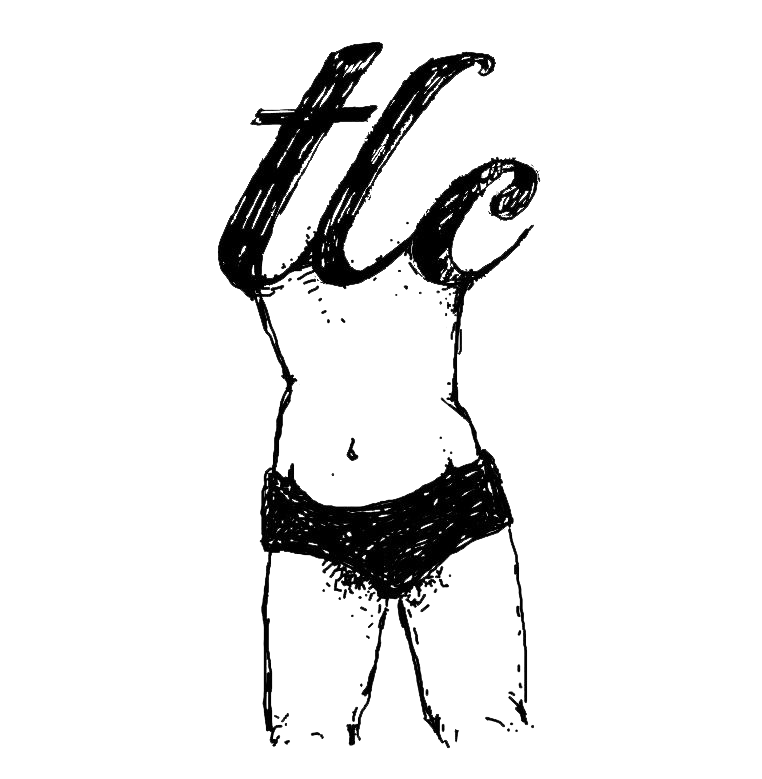Today, it would be an injustice to tell a story of a girl whose life magically changes because of a prince. So we don’t do that here in 2021 — something that the makers of Prime Video’s Cinderella seemed to have been excellent at grasping.
Old Story, New Perspective
How do you tell a story that everyone already knows? One that has been related dozens of times in varied ways across the globe? By adapting it in accordance to current times and popular culture, of course!
The new Camila Cabello starrer. A Cinderella: A Christmas Wish has the same structure as the previous versions of the tale. Still, evolution hit it hard with reality checks. Our protagonist here dreams of opening her own boutique, questioning the world’s ways at every stage.
You may also like: Why We Need a Feminist Retelling of Hindu Mythology
If women can give birth and run households, why can’t they run a business? Why are only men allowed to do so?
There are several feministic characters: a princess with ideas to run a kingdom and is desperate to be heard; a queen who misses being loved, frustrated and exhausted at being rendered voiceless; and a mother trying to protect her daughters from the harsh realities faced by those who dare to dream. Each of them adds value to the tale, showing us the various facets of what it means to swim against the tides of patriarchy.
The men in this story, too, have a lot to offer towards a feministic cause. They are vulnerable. They realise how patriarchy hurts them, too, eventually working their way to leverage their privilege into bringing a much-needed change.
You may also like: Soorarai Pottru: An Important Story To Tell
Inclusive Casting Works Magic
A genderless Fairy Godmother, Fab G., Played by Billy Porter, dresses in a bright and bejewelled orange-hued attire. The aim behind such an inclusive step is to bring home the message, Magic has no gender. It may seem like a small step, but is bound to go miles in the life of a child trying to understand and assert their identity.
This version of Cinderella is a big production movie releasing in an era where #BlackLivesMatter has made people across the globe re-think their ways, intentions and processes. The ripples of the movement and more can be seen in the inclusive cast of the movie. People across ethnicities are prominently visible on the screen — but it is not a monumental step. They simply exist, creating ripples. All said and done, it’s a fairytale with romance and music at its core. Yes, there is a happy ending, but not one that viewers are accustomed to. This is not a story that ends in marriage. Instead, it tells us how love is beyond such social constructs and what really matters is the affection two people have for each other in a romantic relationship.
You may also like: Alankrita Shrivastav Reimagines Feminist Films In Dolly, Kitty, Aur Chamakte Sitare:
Fairy Tale For The New Century
This Cinderella reimagines a tale as old as time, making it relevant for the children of today, irrespective of the gender they identify with. Patriarchy and sexism hurt everyone, and a lot needs to be done to shape up a world where people are kinder to each other.
A fairytale is a powerful tool to shape a child’s worldview. So perhaps it is about time the world created (and re-create) stories that would help them be ready for a world they are responsible for building.



























Leave a Reply